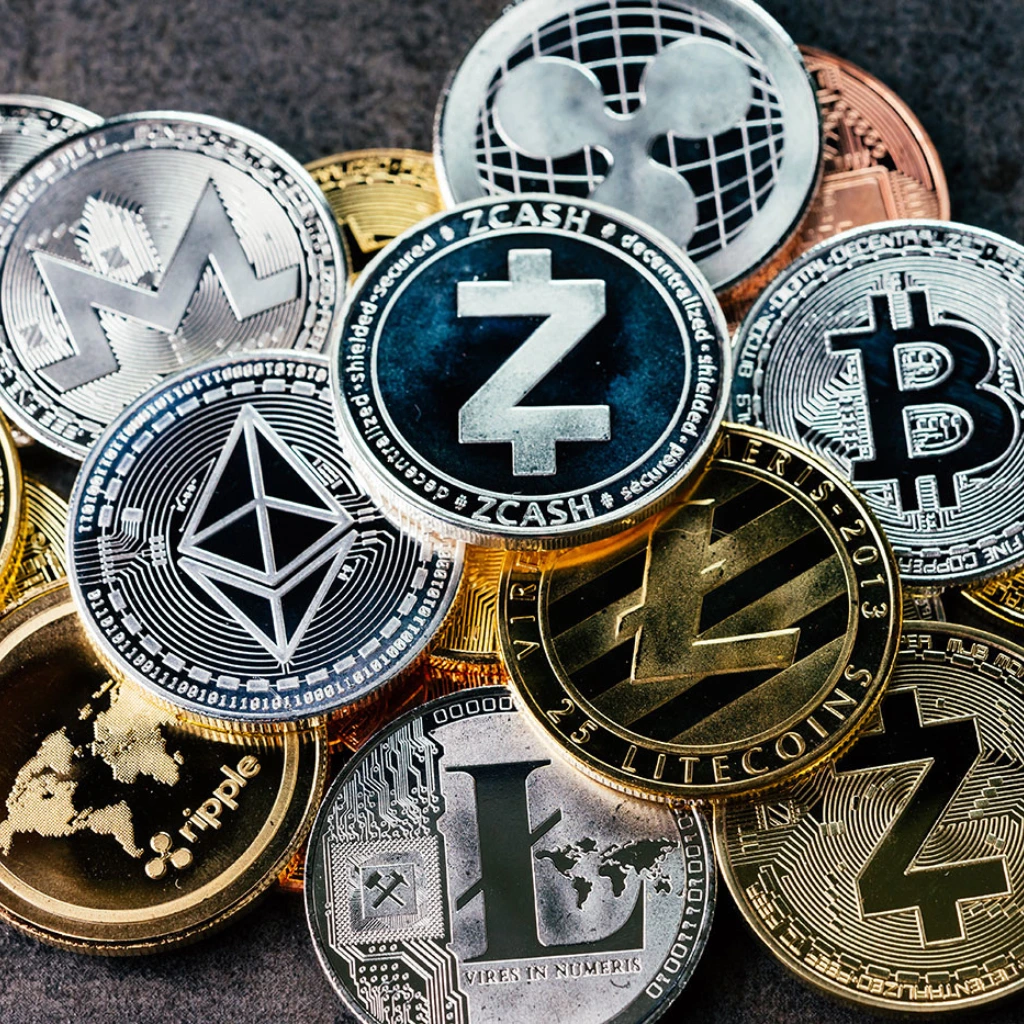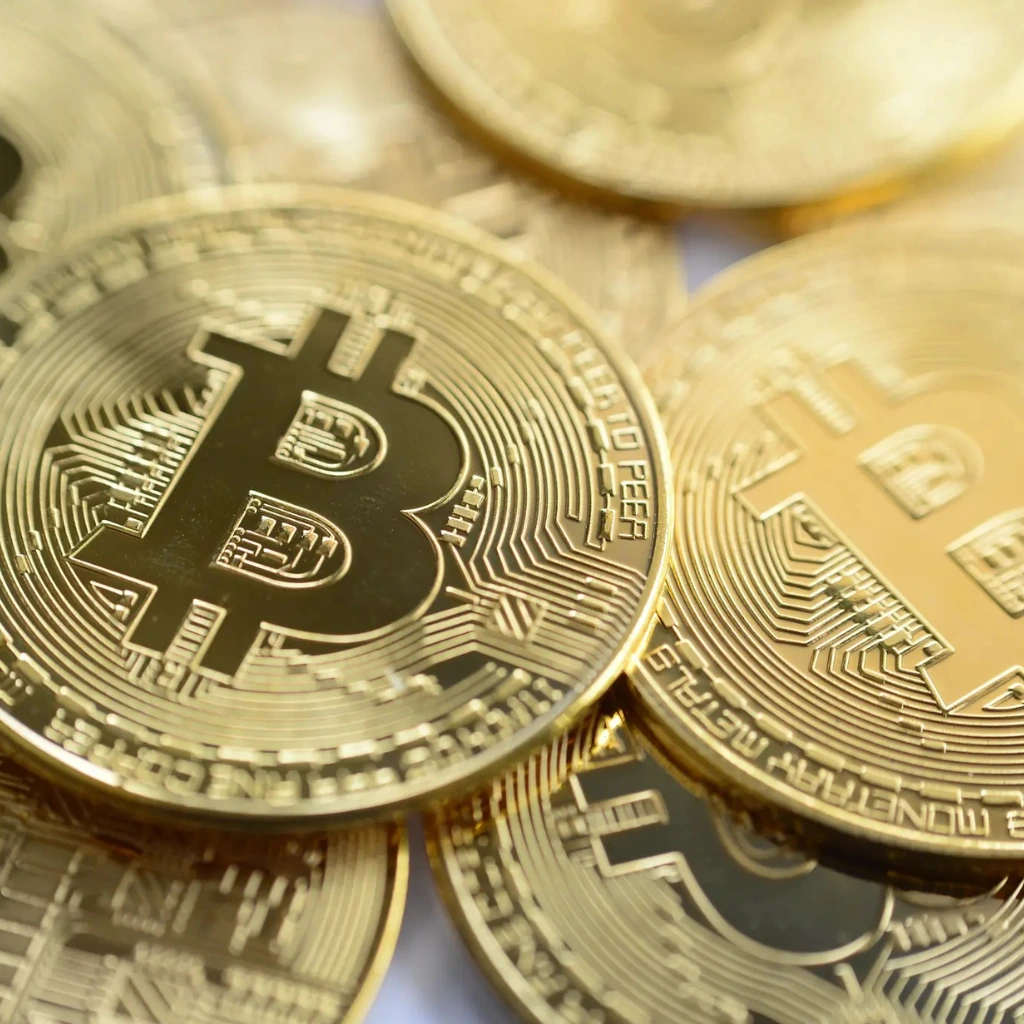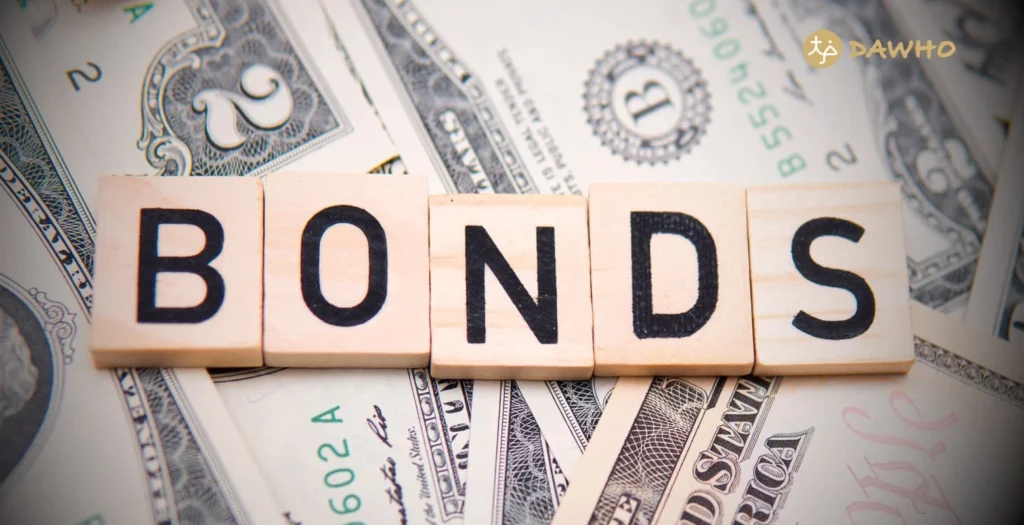So, What Are the Ideal RWA Types for Tokenization?
Tokenization is all the rage right now. You’ve probably seen headlines about real estate on the blockchain or government bonds going digital. But not every real-world asset (RWA) is ready for that kind of transformation. That begs the question: What are the ideal RWA types for tokenization—and why? Spoiler: it’s not always the flashy stuff.
Let’s dig into the kinds of assets that actually make sense to tokenize—whether you’re an investor, a startup founder, or just crypto-curious.

Why Tokenize Real-World Assets Anyway?
Before we jump into the ideal RWA types, here’s a quick refresher: Tokenization turns physical or traditional assets into digital tokens on a blockchain. These tokens represent ownership, rights, or even future profit streams.
Why bother? A few reasons:
- Fractional ownership (so you don’t need a million dollars to invest in Manhattan property)
- Faster transactions and lower fees
- Greater liquidity (well, in theory…)
Still, not all assets benefit equally. Some are tailor-made for this shift—others, not so much.


Real Estate: One of the Ideal RWA Types for Tokenization
It’s probably the most talked-about RWA category—and for good reason. Real estate has clear, documented ownership, and it’s notoriously illiquid. Tokenization can fix that… at least partially.
From apartment buildings in Berlin to farmland in Iowa, fractionalized real estate tokens are already live on platforms like RealT and Brickblock. And unlike meme coins, these assets generate actual revenue.
So yeah—real estate is kind of the poster child for ideal RWA types.


Bonds & Treasuries: Among the Most Ideal RWA Types Out There
Let’s be honest: Bonds aren’t exactly sexy. But they’re predictable, reliable, and already structured in a way that plays nicely with digital formats.
Governments and institutions love transparency, and tokenized bonds make tracking ownership and transfers easier (plus they settle faster than traditional bonds—sometimes in minutes, not days).
BlackRock and other heavyweights have already dabbled here. If it works for them, it’s worth paying attention.

Collectibles: Sometimes Great… Sometimes a Total Mess
Art, sneakers, wine—people are tokenizing all kinds of stuff. But here’s the catch: Value is subjective, and physical custody can get messy. Is the wine properly stored? Can the sneaker be authenticated?
When done right (think: high-value, verifiable provenance), collectibles can be an exciting frontier. But the margin for error is big. So while they can be an ideal RWA type, they’re definitely not the low-hanging fruit.


Commodities: Gold, Oil, and the Tangible Side of Crypto
Tokenized commodities are gaining steam—especially gold. It makes sense, right? Gold’s been a value store for centuries, and people trust it. Wrap it in a digital token, and boom—easy access, global liquidity.
Tether Gold and Paxos Gold are already in circulation, proving there’s demand. But other commodities, like oil or wheat? They’ve got storage, transport, and regulatory baggage. So, it’s hit-or-miss depending on how tightly you can link the token to the real asset.

Intellectual Property & Royalties: The Quiet Contender
Not the first thing people think of—but hear this out. Tokenizing intellectual property (music rights, patents, scripts) makes revenue-sharing transparent and fast. Musicians, for example, can offer royalty-backed tokens to fans who then earn a cut when the song plays.
This might be one of the most underrated yet ideal RWA types out there, especially as platforms like Royal and Async grow.

What Makes an Asset “Tokenizable”?
There’s no universal checklist, but here are a few green flags:
- Clear ownership & legal rights
- Stable, measurable value
- Low physical risk or good custodial solutions
- Demand for fractional ownership
The best assets for tokenization are often boring on the surface—but behind the scenes, they’re financially sound and ripe for innovation.
Final Thoughts: Not Everything Should Be Tokenized… And That’s Okay
So—what are the ideal RWA types for tokenization? Real estate, bonds, certain commodities, and maybe even music royalties top the list. But not every asset belongs on a blockchain. Sometimes, the juice just ain’t worth the squeeze.
Still, as infrastructure improves and regulations tighten up (in a good way), we’ll probably see even more asset classes slide into the digital spotlight. Carefully, and ideally, one token at a time.
Relevant Link : Here





